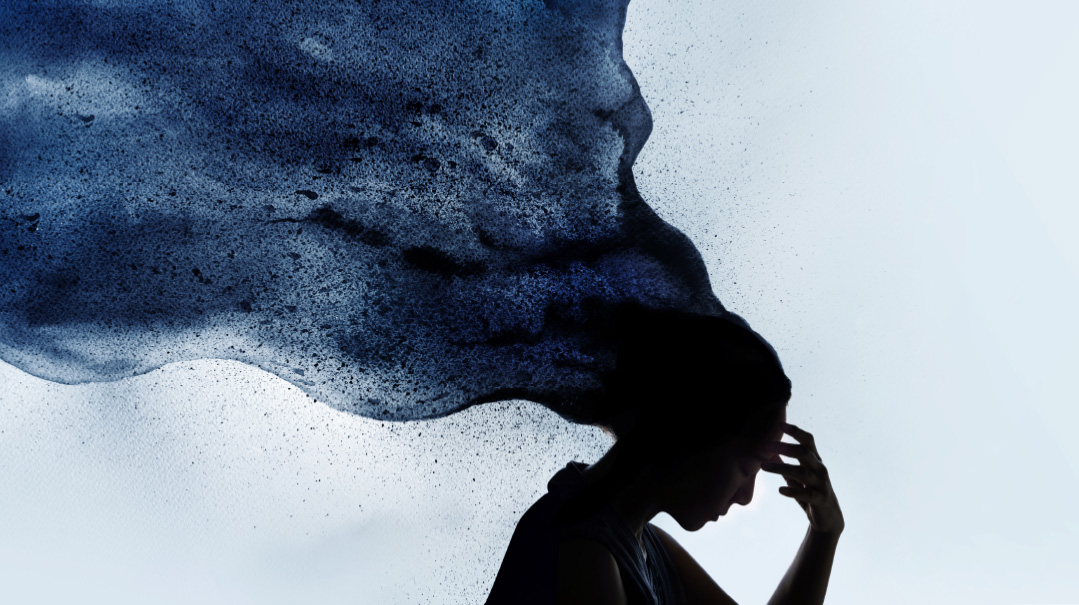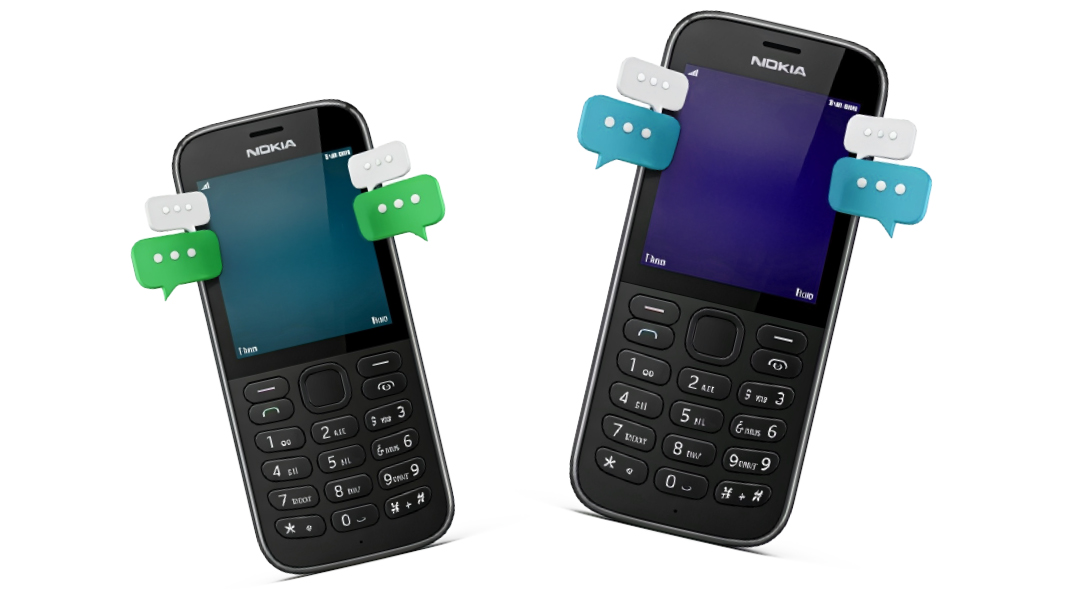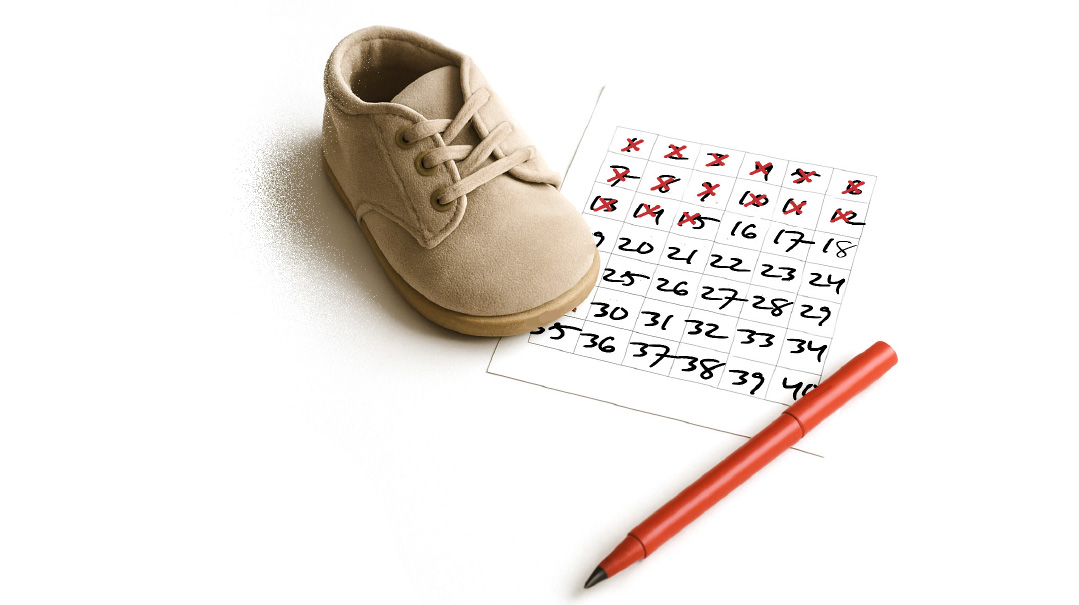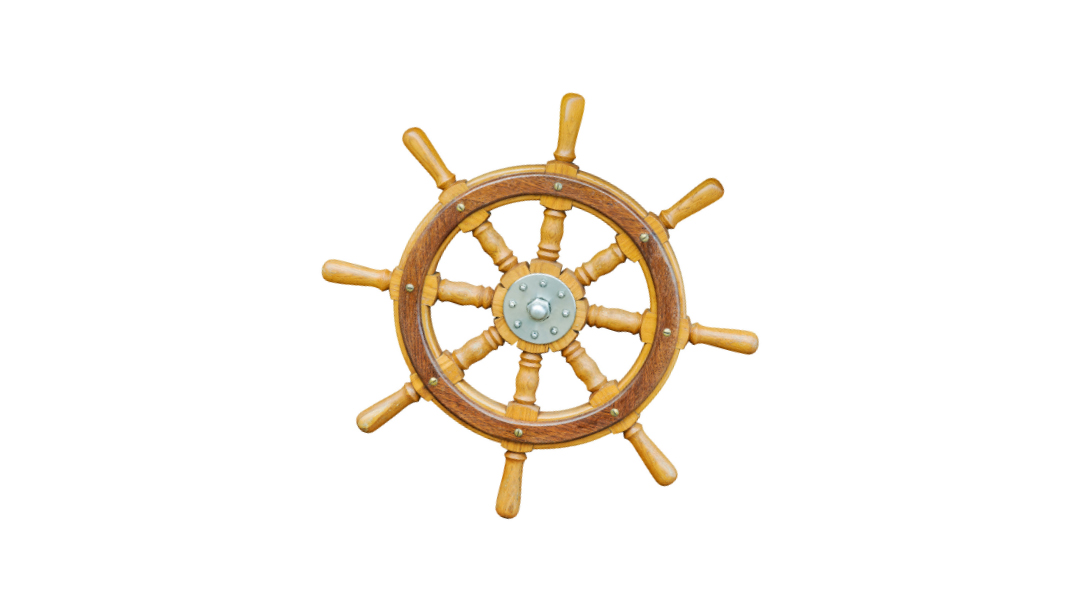I Miss You
| October 18, 2022Whatever I arrogantly thought I knew, I could never have really understood

WE
used to be close. There may have been ten years and five siblings between us, but everyone said we were the most similar. We thought the same way, laughed the same way, and, as our brothers took pleasure in pointing out, chewed our food the same way.
But then, shortly after I married, an eating disorder took her, and we weren’t the same anymore. Didn’t think the same way, because her mind had been hijacked. Didn’t laugh the same way, because she didn’t laugh very much at all. And definitely didn’t chew the same way, because she ate even less than she laughed.
They explained it to me. An eating disorder is a mental illness; she didn’t choose to be like this. As her family, we have to be as supportive of her struggles as we can, and do our part to help her battle the demons.
I didn’t think I needed them to explain anything. I thought I knew enough; it’s been talked about so much.
But I was wrong. Reading about it in all those articles and stories is different than watching someone live with it firsthand.
Whatever I arrogantly thought I knew, I could never have really understood.
Oops! We could not locate your form.






